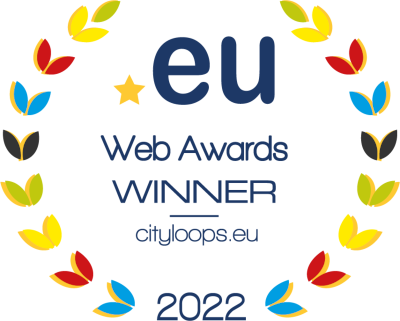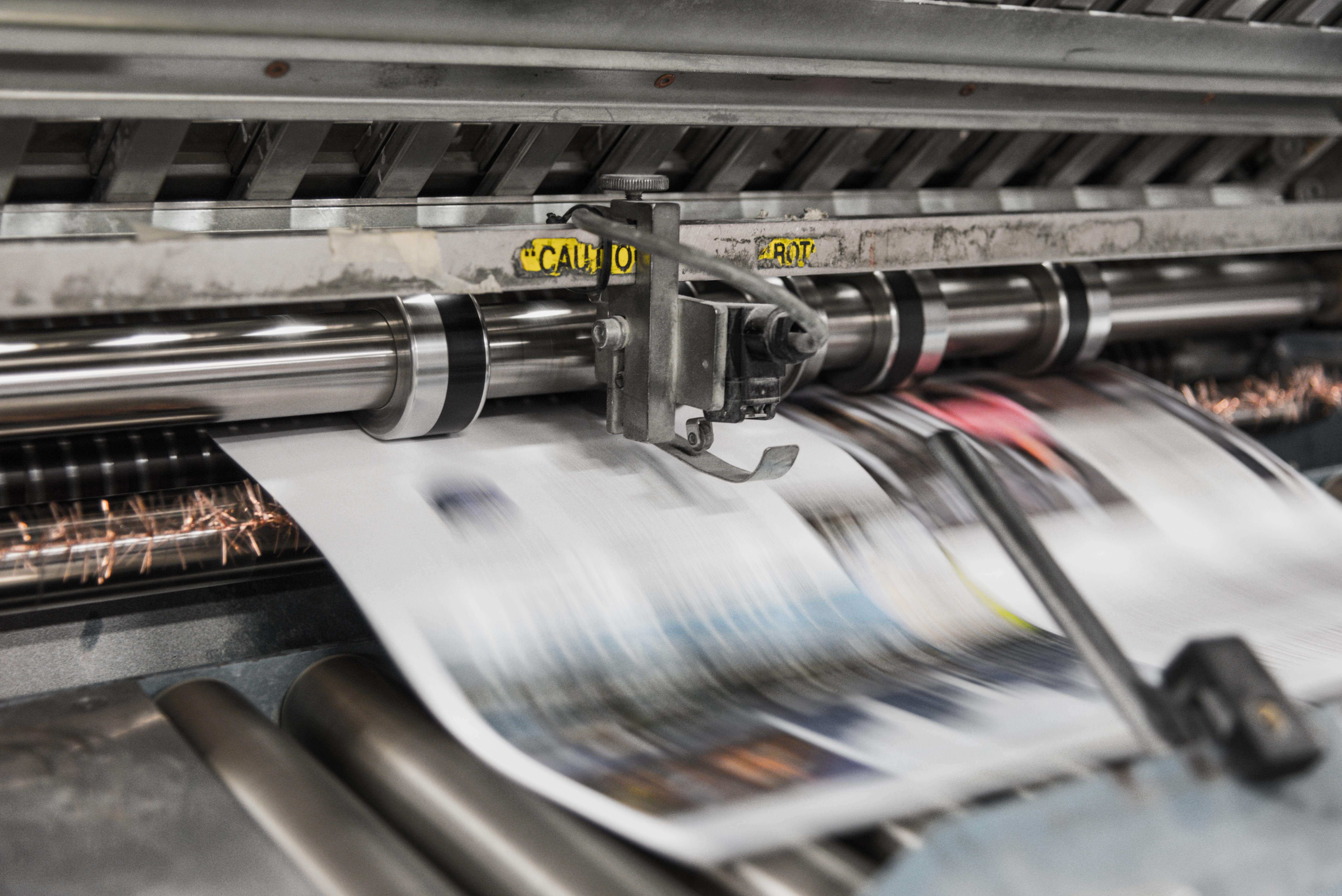News
CityLoops selects seven replication zones
22 Jul 2021
Espoo (Finland), Ghent (Belgium), Prague Services (Czechia), Murcia (Spain),Torres Vedras Water, Wastewater and Waste Management (Portugal), Valles Occidental (Spain) and Vienna (Austria) have been selected to become CityLoops replication zones. These seven cities/public authorities will get the opportunity to follow the CityLoops demonstration actions and tools that are most relevant to them and develop implementation strategies and plans for strategies and plans for circular economy actions in their city.
One of the aims of the CityLoops project is to take its learnings, tools and results to other regions and EU member states. In doing so, it hopes to contribute to the implementation of circular projects across the EU, and the transition towards a circular economy. With these goals in mind, the project invited public authorities in Europe to apply to become a CityLoops replication zone. The selected applicants are all cities/regions that have developed ambitious plans to implement a circular economy and to reduce their CO2 emissions/become carbon neutral in the near future.
Espoo is currently working on a circular economy roadmap, aiming to develop circularity assessments, monitoring indicators and circular procurement criteria. Through CityLoops it hopes to learn valuable lessons in all these areas, and look into applying the developed tools and processes into its own projects.
Ghent has taken a "learning by doing" approach to its circular transition, with an emphasis on knowledge sharing and the setting up of city labs. As a replication zone in CityLoops it wants to gain knowlege and experience to develop potential city labs on building materials, food waste and Bio-waste streams.
Murcia is a world leader in wastewater treatment and reusing, but it only collects a small part of its Bio-waste separately; by 2023 separate collection of Bio-waste will become mandatory in the entire EU. In CityLoops Murcia can learn valuable lessons from Seville, with its focus on separate collection and optimisation
Prague accommodates 2 million people (tourists + citizens) per day. Within this context, Prague Services (publicly owned by the city, but operating as a private company) needs to increase its collection and recycling rates by at least 100% in the next nine years. CityLoops can contribute to these challenges through the business case development in Apeldoorn, Porto's work in the social economy and tourism sector, Mikkeli's usage of biogas and Seville's efforts to optimise Bio-waste logistics.
Torres Vedras Water, Wastewater and Waste Management is fully owned by the municipality of Torres Vedras, but operates autonomously. The city, involved in various European sustainable projects, initiatives and networks, winning the Green Leaf Award in 2013, is actively working on making the two 'CityLoops' waste streams more circular. Torres Vedras believes it can learn from a wide variety of tools, processes and actions implemented in CityLoops.
Valles Occidental, a Catalan county (comarca) comprising 23 municipalities, needs a better understanding of the stock and flow of CDW. This waste stream is mostly privately handled, so the county first needs to map existing practices before it can create an action plan. Within CityLoops it believes it can learn most from Mikkeli and Apeldoorn in this context.
Vienna, Austria's capital and the largest CityLoops replication zone wants, to become a virtually waste-free city by 2050. To achieve this goal, it established the 10-year programme Do Tank Circular City Wien 2020-2030 (DTCC30) DTCC30 envisions the circular transition taking place in three phases, with the first phase especially being interesting in the context of CityLoops. During this phase, the DTCC30 will focus on laying the foundations for Circular Economy in the built environment. This includes designing indicators and monitoring methods strongly related to the topic area.
More information about each of the replication zones and the project's replication approach can be found here.
Image (Pixabay) by "1552036", licensed under Pixabay License
All news


